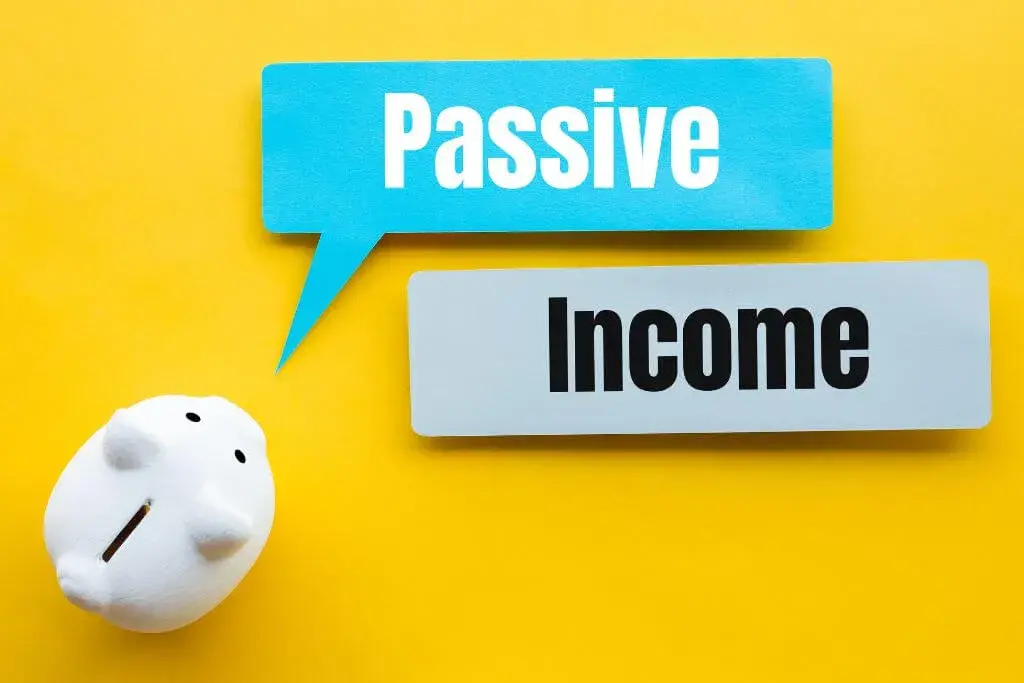Learn how to organise your budget to identify and reduce your household expenses
Adverts
Balancing a household budget is fundamental to guaranteeing financial stability and achieving the financial objectives set. In this context, reducing household expenses plays a crucial role.
For many, the task of managing household finances can seem challenging, especially against a backdrop of constantly rising expenses. However, by adopting intelligent and conscious strategies, it is possible to reduce spending and maintain a balanced budget.
By implementing the strategies discussed in this article, readers will have the opportunity not only to save money, but also to develop healthier and more sustainable financial habits in the long term.
These strategies not only aim to reduce immediate spending, but also to promote a change of mentality in relation to consumption and personal finances.
Understanding the importance of controlling household expenses is the first step towards greater financial stability and achieving significant financial goals.
By adopting a proactive and focused approach to reducing spending, individuals and families can free up financial resources to invest in their priorities and life aspirations.
It is essential to recognise that reducing expenses is not just about cutting costs, but about making conscious decisions in line with each person's values and financial objectives.
This article aims to provide a comprehensive guide for those wishing to improve their financial management skills and maximise the savings potential in their household budgets.
Quick Index:
What are household expenses?
Household expenses refer to the regular and necessary expenses associated with maintaining a home and the lifestyle of the people who live in it. These expenses cover a variety of categories, including:
HousingRent or mortgage payments, condominium fees, home insurance, utilities (water, electricity, gas), repairs and maintenance.
Food: Supermarket shopping, meals out, home-delivered meals.
TransportFuel, public transport, vehicle maintenance, parking, tolls.
Health: Health insurance, medical consultations, medicines, laboratory tests, dental insurance.
Education: School fees, school materials, tutoring, extracurricular activities.
Leisure and entertainment: Cinema, theatre, streaming subscriptions, recreational activities, travel.
TelecommunicationsInternet, landline, mobile phone, cable TV.
Personal CarePersonal hygiene products, beauty salons, gyms, clothes and shoes.
InsuranceCar insurance, home insurance, life insurance.
Savings and InvestmentsEmergency reserve, retirement fund, long-term investments.
Managing household expenses effectively is key to maintaining financial equilibrium and ensuring that the family budget is respected.
This can involve creating a detailed budget, identifying areas to cut unnecessary spending, setting savings and investment targets, and regularly monitoring spending to ensure that it is aligned with the family's long-term financial goals.
Strategies to minimise expenses
Create a Detailed Budget
The basis for effective household expense management is a well-structured budget. List all sources of income and categorise spending. This comprehensive overview allows you to clearly understand where your money is going and provides a basis for making informed spending decisions.
Identifying Non-Essential Expenses
Distinguish between essential and non-essential household expenses. While necessities such as rent, bills and groceries are unavoidable, discretionary spending on non-essential items can often be reduced. Identify areas where savings can be made without compromising quality of life.
Meal planning and cooking at home
Eating out frequently can contribute significantly to monthly expenses. Embrace meal planning and cooking at home as economical alternatives.
Planning meals in advance, buying ingredients in quantity and preparing meals at home not only saves money, but also promotes healthier eating habits.
Accounts and subscriptions
Regularly review recurring bills and subscriptions. Contact service providers to negotiate better rates or explore alternative plans that better meet your needs. Cancel subscriptions that are no longer essential or find cheaper alternatives.
Energy Efficiency Measures
To substantially reduce your household expenses, implementing energy efficiency practices at home can lead to substantial savings.
Simple measures such as using energy-efficient light bulbs, sealing gaps and adjusting thermostat settings contribute to lower utility bills. Consider investing in energy-efficient appliances for long-term savings.
Buy in Quantity and Take Advantage of Promotions
Buying non-perishable items in bulk can result in significant savings over time. Also, take advantage of sales, discounts and promotions to stock up on essential items. Pay attention to expiry dates to avoid wastage.
Do-it-yourself home maintenance
Learn to handle basic household maintenance tasks independently. From small repairs to routine maintenance, a do-it-yourself approach can save on the cost of professional services. Numerous online resources offer guidance for various home maintenance tasks.
Explore Generic Brands
To reduce your household expenses, consider opting for generic or own-brand products instead of well-known brands. Many generic products offer similar quality at a lower cost. Compare prices and make informed decisions when shopping for everyday items.
Public transport and carpooling
If feasible, explore public transport options or carpooling to reduce transport costs. Both options not only save money on fuel, but also contribute to environmental sustainability by reducing carbon emissions.
Digitise and Eliminate Paper Waste
Making the transition to digital platforms for bills, statements and communications can reduce paper waste and save money on postage. Many service providers offer online billing options, eliminating the need for physical statements.
Review Insurance Policies
Regularly review insurance policies to ensure that they are aligned with your current needs. Search for competitive rates and consider grouping insurance policies for potential discounts. This approach helps maximise coverage while minimising costs.
Establish an Emergency Fund
Although it's not a direct strategy for cutting expenses, establishing an emergency fund is a crucial step in financial planning. Having a financial safety net can prevent the need to resort to credit or loans in times of unexpected expenses, saving money in the long run.
Conclusion
Effectively reducing household expenses involves a combination of attention, planning and strategic decision-making.
By creating a detailed budget, identifying non-essential expenses and implementing cost-cutting measures such as meal planning and energy efficiency, individuals and families can achieve financial stability.
These strategies empower households to take control of their finances, save for the future and face economic challenges with confidence.
Read more: Financial education to avoid a financial crisis
You may be interested:














